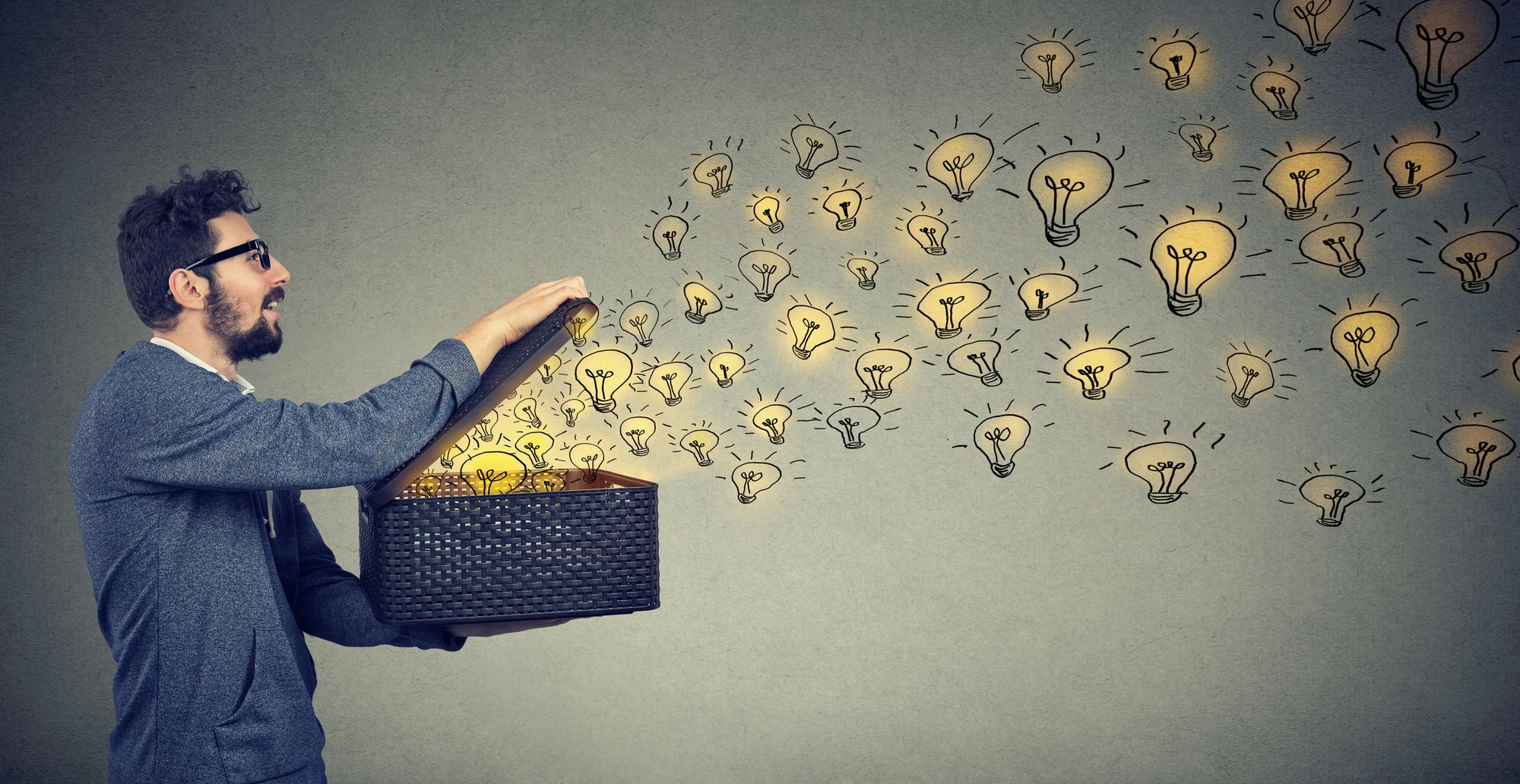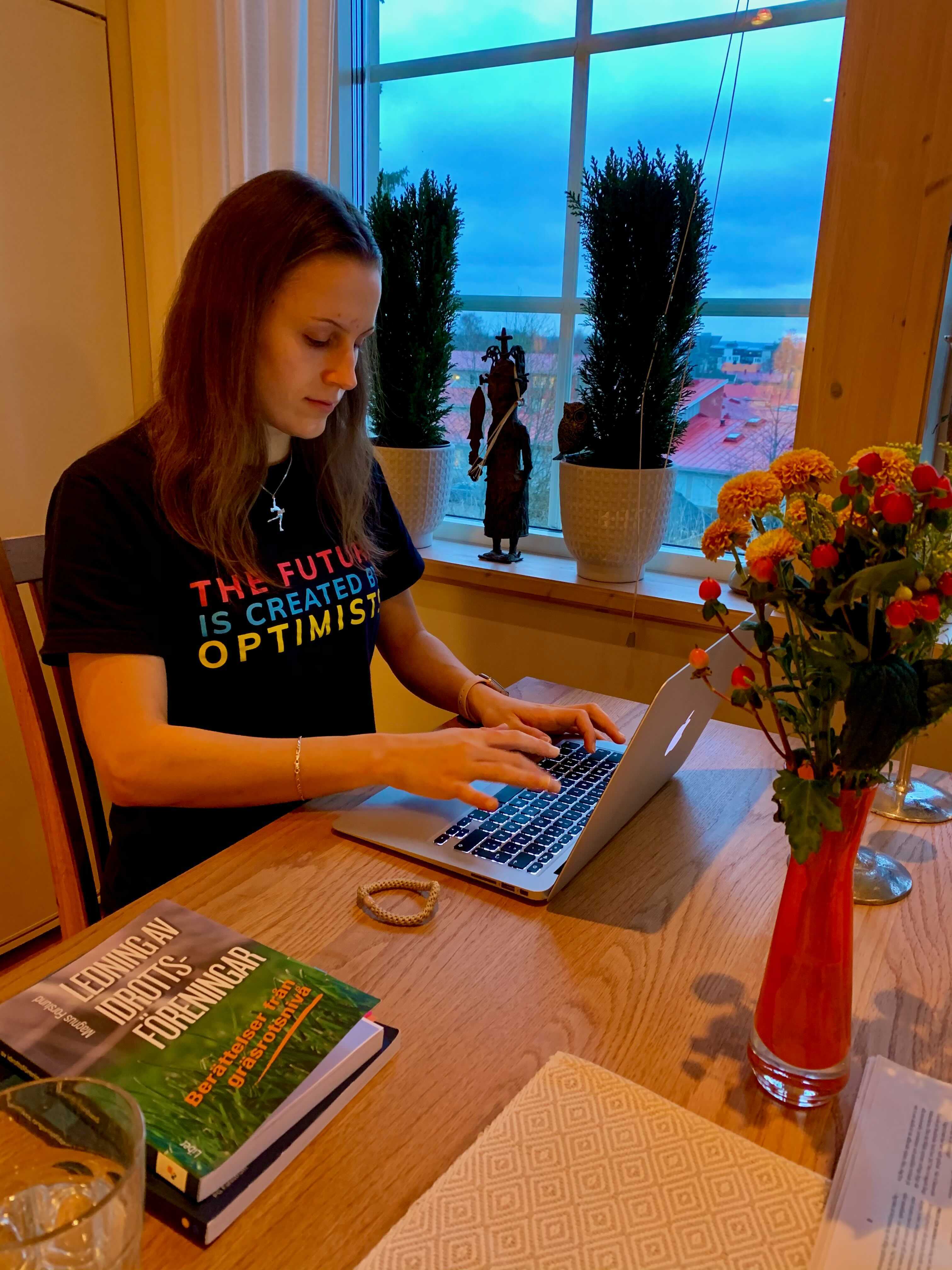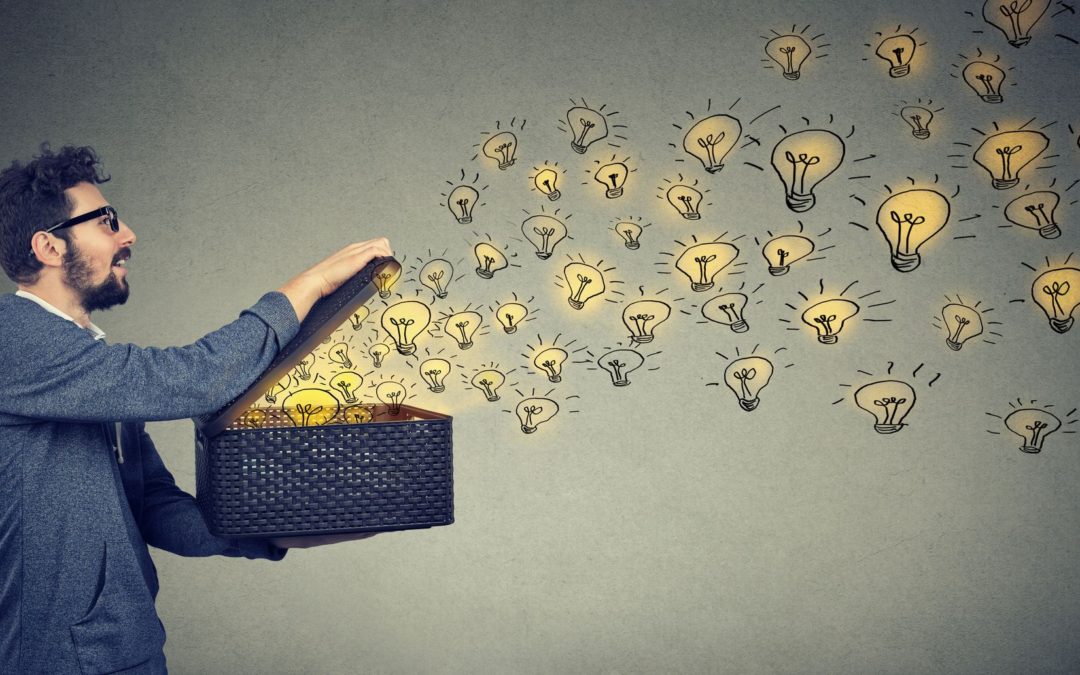
In large parts of the world people look pessimistic towards the future, and think that things will worsen. If you believe that, you act accordingly. You might be less inclined to do something with that idea you have, if you have an idea at all. You save instead of investing. You miss the opportunities.
The mission of Warp Institute, the foundation behind Warp News, is to make the future come sooner. Because we are convinced that humanity’s best days are ahead. That is not based on a feeling, but facts. We’ve seen humanity make accelerated progress for a hundred thousand years.
But we also know that this progress is not automatic. It is created. Mostly by optimists.

Let me show you why.
Professor Utpal Dholakia at Rice University outlines four effects of more optimism in this article in Psychology Today.
Optimists have more ideas
One study in Nature says this:
“The ambiguous nature of the future allowed optimists to distance themselves from negative constraints and approach positive outcomes, creating vivid colorful images in their mind.“
When you try to imagine the world in the future that stimulates ideas. Optimists tend to be more focused on the future, hence they have more ideas.
Ideas are key to innovation. We are accelerating progress because we have access to more ideas than ever before, thanks to the internet and democracy.
Optimists make more of the ideas
It is not enough just having an idea, you must do something with it. Spread it, or create the thing your idea is about.
Optimists are more likely than pessimists to do that. The reason is not hard to guess.
If you are pessimistic about the future you focus on the problems. A fact-based optimist also sees the problems, because you of course run into several issues when you start something new. But instead of letting the possible problems be overwhelming, you think of solutions to them.
Therefore an optimist is more likely to do something with the idea.
Optimists are less likely to give up
Creating something new is hard. If it were easy someone else most likely already would have done it. When facing these difficulties optimists don’t give up as quickly.
Again, the reason is not hard to understand. A pessimist sooner thinks the problems are too much to handle and sees no path to success. On the other hand, the optimists still see that bright future, giving them the energy to continue. Also, the problems don’t look that hard, when you think of solutions to them.
Optimists are more likely to try again
Sometimes you have to give up. The idea didn’t work out for some reason. It is now the superpower of the optimist shows. They get right back up in the saddle, with a new idea they got from thinking about the future.
They probably learned valuable lessons from the first failed try, and can avoid some of the problems this time around.
The effect of more optimism is a better future sooner
Innovation and progress aren’t magic. It is ideas, creating something out of those ideas and hard work to overcome obstacles.
That is why optimists create the future more than anyone else.
If we can make people more optimistic about the future by spreading fact-based optimistic news the result will be more ideas, more innovation, faster progress and we all will sooner live in a better world.
Mathias Sundin






